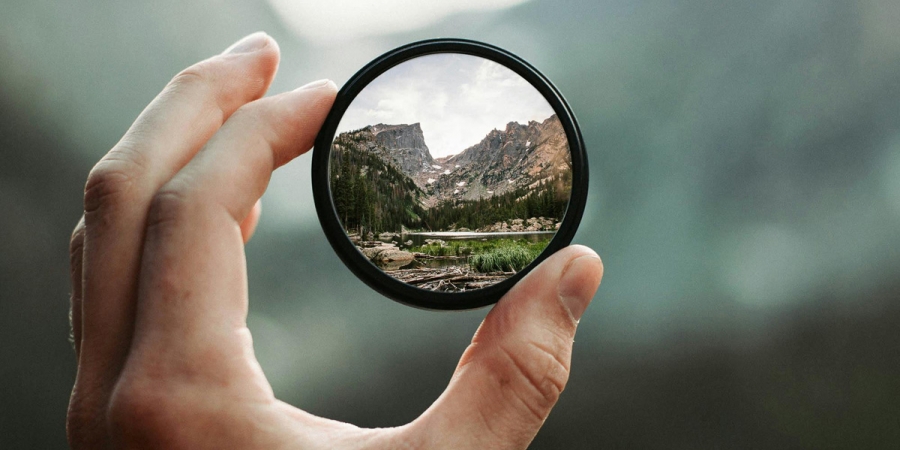
Photo: Ethan

Photo: Ethan
Remote viewing is a term used to describe the practice of gathering information about a distant or unseen target without using the usual senses. Instead, it is said to rely on the mind's ability to perceive details beyond normal sensory contact. People who practice it claim to have successfully described hidden objects, distant places, and even past events.
The term emerged during the Cold War when it was studied by the US government, becoming popular in the 1970s under projects like Stargate. The aim was to see if psychic abilities could be used for intelligence purposes. Although these projects were eventually shut down, remote viewing continues to be a topic of interest.
Remote viewing involves trying to perceive details about a distant or unseen location anywhere in the world that the viewer has never visited or seen. The remote viewer attempts to perceive the target by focusing on it mentally and recording their impressions, which can include visual images, sounds, or even feelings.
Proponents of remote viewing believe that it demonstrates the mind's capability to access information beyond the limits of the five senses. Since it is primarily a visual perception, the concept is closely related to clairvoyance, although they are not the same. Both involve the perception of information beyond the usual senses, but clairvoyance is usually more spontaneous and less formalised.
Clairvoyance refers to the ability to gain a direct visual perception of an object, person, location, or physical event through means other than the known human senses. Clairvoyance can include elements of remote viewing, but it is not limited to only perceiving locations. Another difference is that remote viewing isn't solely a visual experience, it can involve sounds and feelings too.
Another major difference is that clairvoyants claim their skills are something they are born with or that develop naturally without formal training, whereas proponents of remote viewing argue that with the right training and practice, anyone can develop the ability to some extent. They believe that while some individuals might have a natural aptitude for remote viewing, similar to how some people have a natural talent for music or sports, it is fundamentally a skill that can be improved through effort and dedication.
The practice of remote viewing involves using specific and structured techniques to enhance the viewer's natural intuition. These methods were developed during the US government's research into remote viewing, such as the Stargate Project. Methods such as Controlled Remote Viewing (CRV), which was developed by Ingo Swann and other researchers, provide a step-by-step process that helps individuals systematically approach remote viewing tasks.
The remote viewer begins by entering a relaxed state, often through meditation or deep breathing exercises. Once the mind is free of distractions, the viewer is assigned a target to view. This could be a location, object, event, or person. They then use pen and paper to document their impressions. This might include sketching or writing down any immediate impressions or sensations, which are often vague and abstract at first but can include shapes, colours, textures, or other sensory data.
Remote viewers often report experiencing visions as mental images or sensory impressions rather than literally "seeing" with the eyes. The viewer might see mental pictures that can range from clear and vivid to abstract and blurry. They might also sense textures, smells, sounds, or even emotions related to the target. Some viewers even report feeling physical sensations or movements as if they were at the target location.
The viewer continues to focus on the target, refining their impressions. They may go through several stages of deeper focus, each time getting more detailed information. This process can involve visualising the target, allowing images and sensory details to emerge in the mind.
After the session, the viewer may receive feedback about the actual target to compare their recorded impressions. This helps improve accuracy and refine techniques for future sessions.
Like any aspect of the paranormal, remote viewing is often debated, and the underlying concept is far from understood. However, there are several theories that attempt to explain how it might work. Some researchers suggest that remote viewing could be an unusual form of perception, where the brain can receive and process information in ways that are not yet understood by conventional neuroscience. This might involve unknown sensory pathways or brain functions that allow access to distant information.
Another hypothesis is that remote viewing might involve the brain interaction with Earth's magnetic fields. Some researchers speculate that changes in magnetic fields could influence brain activity, potentially allowing for the perception of distant locations or events.
The "collective unconscious" is another concept that might explain the process behind remote viewing. This theory, proposed by Carl Jung, posits that there is a part of the unconscious mind shared among all humans, containing the memories and experiences of the entire species. Remote viewing could tap into this collective unconscious, accessing information stored in the shared human experience.
A similar idea, morphic resonance, proposed by Rupert Sheldrake, suggests that there are fields within nature that contain information about patterns and behaviours. These fields influence organisms through a process of resonance, where similar patterns reinforce each other. Remote viewers might be accessing information through these fields.
A more spiritual theory suggests that remote viewers might tap into a compendium of all knowledge and experience in the universe, a mystical force called the Akashic Records.
These explanations are speculative and not supported by mainstream science, which generally argues that the evidence supporting remote viewing is anecdotal and lacks scientific rigour. There is no widely accepted scientific mechanism that can explain how remote viewing might work, and theories like these are often considered pseudoscientific.
One of the core principles of scientific research is that experiments should be reproducible. Skeptics argue that remote viewing experiments often fail to produce consistent results when replicated by independent researchers.
Many remote viewing studies are criticised for not being conducted under strict controlled conditions. Without proper controls, such as double-blind procedures where neither the viewer nor the experimenter knows the target, results can be influenced by bias, suggestion, or fraud.
Perhaps the biggest problem with remote viewing is that it relies heavily on subjective interpretations of mental impressions. These impressions can be vague and open to interpretation, leading to confirmation bias, where individuals see what they expect or want to see. If the research has assigned a remote viewer the Eiffel Tower, they might accept the viewer's mentions of "metal" or "tower" while ignoring mentions of "wooden" or "windows."
It's also statistically likely that some remote viewing sessions will appear accurate purely by chance. When viewed in isolation, these "hits" can seem impressive, but they may simply be random coincidences. If a viewer were assigned the Eiffel Tower, it's not unlikely that they could coincidentally think of the same location.
At the end of the day, remote viewing is a practice rooted in belief, meaning that it is best left up to individuals to explore and decide its validity for themselves - a good thing since remote viewing experiments are fun to try. If you want to try it for yourself, we have two online remote viewing tools to help. One randomly generates numbers and colours to use as your target, and another uses emotive photographs.
More Essential Parapsychology
See All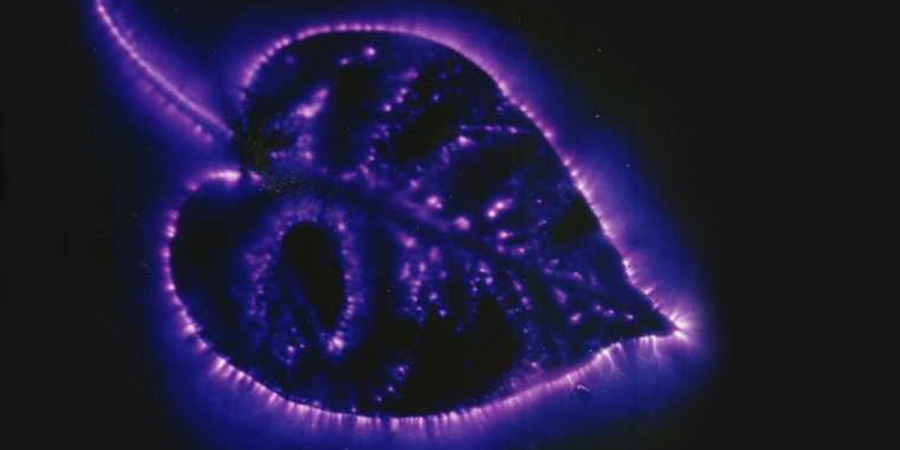
ArrayOctober 11, 2024
The Reality Behind Kirlian Photography’s Glowing Auras

ArrayOctober 07, 2024
Could Retroactive Psychokinesis Allow Us To Influence The Past?

ArrayOctober 05, 2024
What Spontaneous Cases Are & Why Parapsychologists Research Them
Learn With Higgypop
Hosted by Paralearning in association with Higgypop, these courses on ghost hunting, paranormal investigations, and occult practices draw on the experience of our team of paranormal writers.
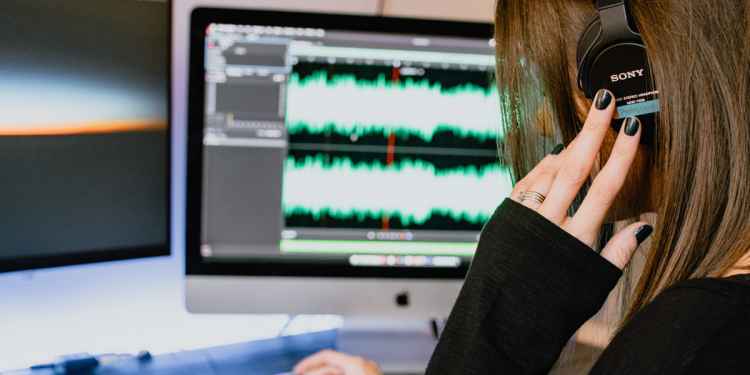
Diploma In Capturing & Analyzing Electronic Voice Phenomenon
This course gives you practical and useful knowledge of ghost hunting and paranormal research, which is invaluable when conducting your own paranormal investigations or as part of a group event.
View Course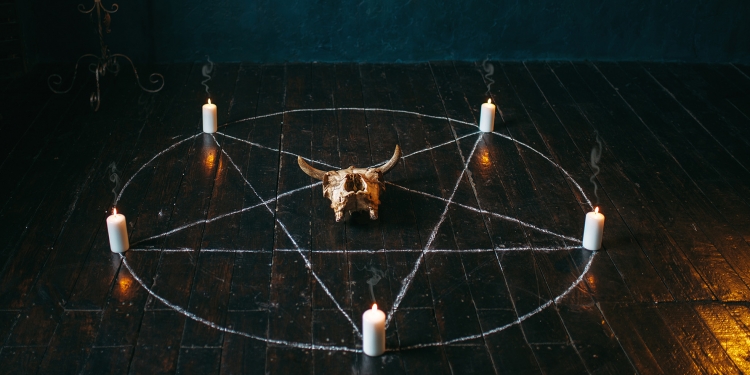
Diploma In Modern Demonology For Paranormal Investigators
This course gives you practical and useful knowledge of ghost hunting and paranormal research, which is invaluable when conducting your own paranormal investigations or as part of a group event.
View CourseMore Like This
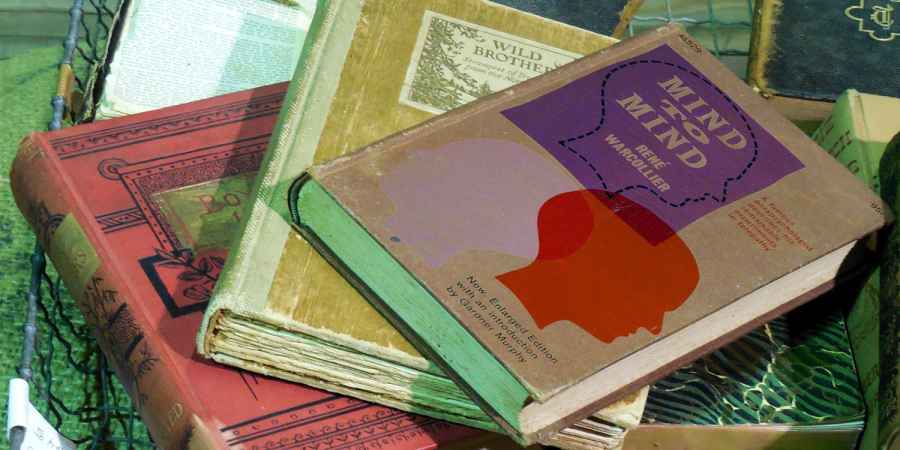
BooksMarch 17, 2025
Revisiting 'Mind To Mind': René Warcollier's 1948 Book On Telepathy
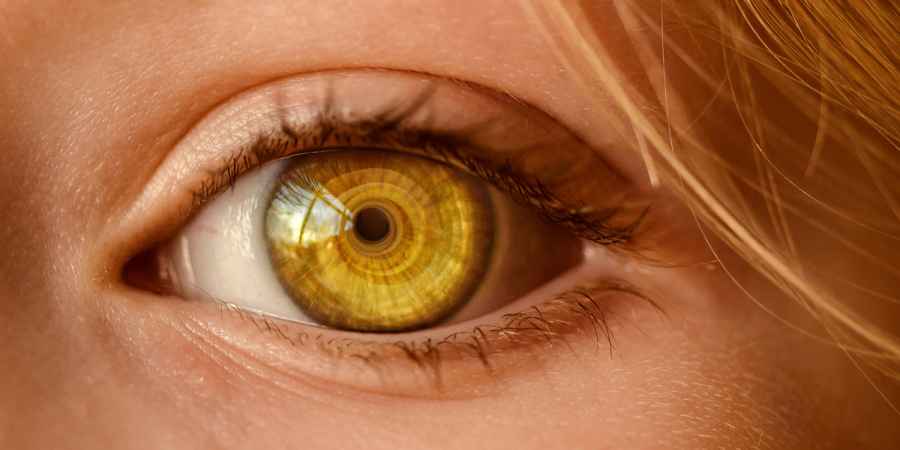
Remote ViewingMarch 16, 2025
Remote Viewing Glossary: Key Terms & Definitions
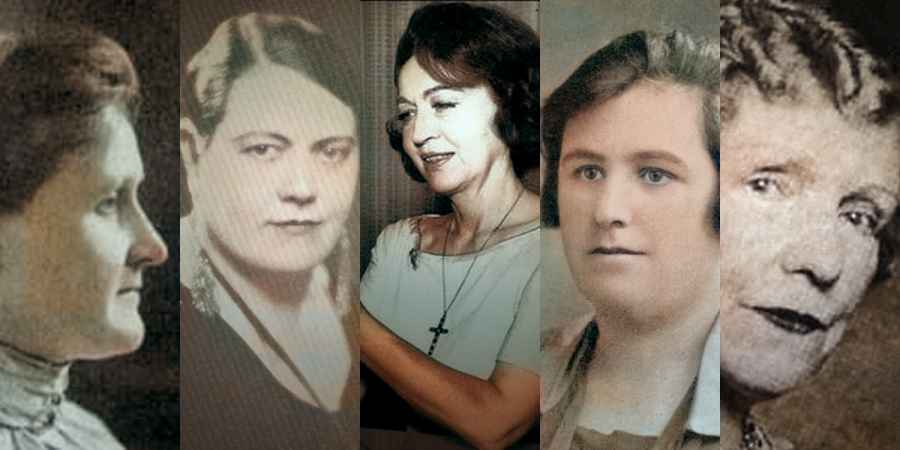
Womens DayMarch 08, 2025
Influential Female Psychics & Mediums
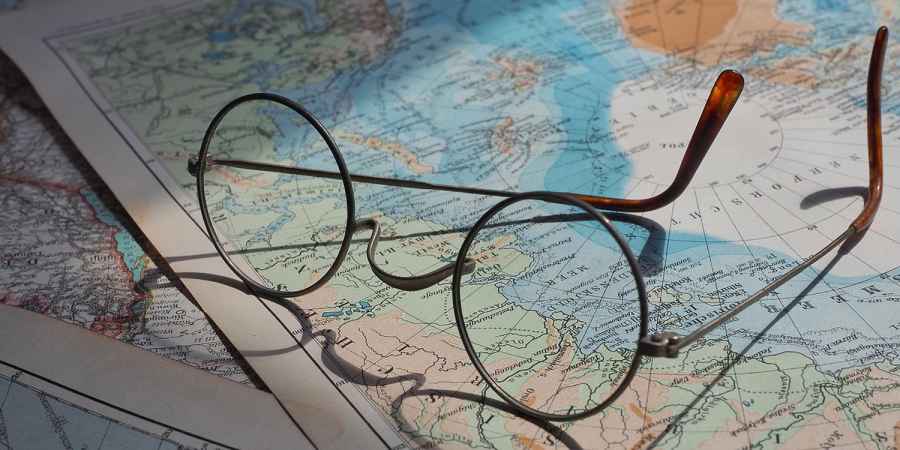
Remote ViewingMarch 07, 2025
Examining The Best Evidence For The Existence Of Remote Viewing
 See More on Audible
See More on Audible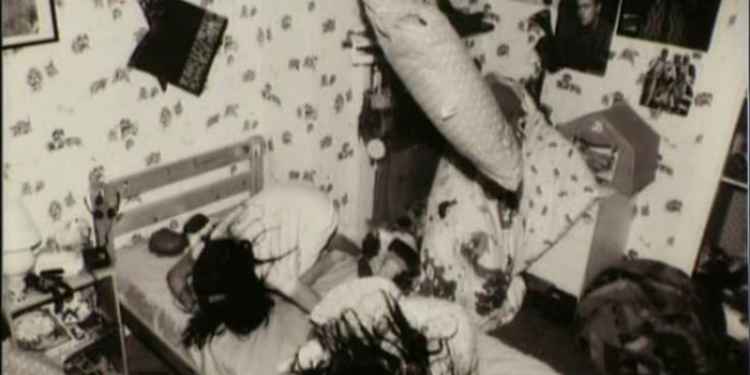

Comments
Want To Join The Conversation?
Sign in or create an account to leave a comment.
Sign In
Create Account
Account Settings
Be the first to comment.